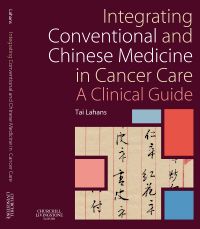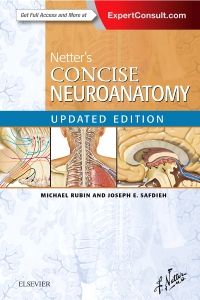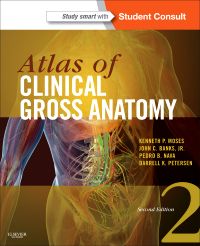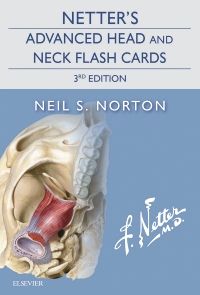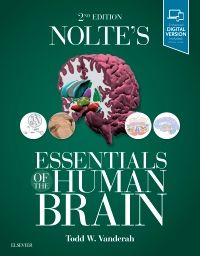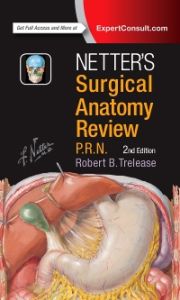This new clinical resource clearly explains how to approach integrated care in a way that combines Chinese herbal medicine with Western medicine to enhance and improve medical care for patients with cancer - without undermining or negatively impacting patients' medical treatment. Each chapter covers a different type of cancer, first introducing the conventional medical understanding of that cancer including its etiology, diagnosis, and treatment according to staging and type. The chapter then covers that cancer from the perspective of Oriental medicine. Case studies illustrate the integration of treatment for each cancer type, raising important issues and considerations associated with specific cancers and treatments.
Key Features
- Formulas are presented within the context of conventional treatment, intended to enhance the effectiveness of treatment and/or treat side effects without undermining the treatment's function.
- Each formula is followed by a discussion of how and why the herbs are used, including classical Chinese theory and relevant pharmaceutical studies.
- Staging and the age and performance status of various patients is used as a means by which to explain how formulas are changed.
- Case studies explore issues related to the integration of treatment for each type of cancer.
Author Information
By Tai Lahans, LAC, MTCM, MEd, Diplomate Chinese Herbal Medicine, NCCAOM, White Crane Clinic, Seattle, WA, USA
Preface
Introduction
Disclaimer
1.General pathophysiology and treatment: conventional and Chinese medicine
2. Lung cancer
3. Colorectal cancer
4. Breast cancer
5. Prostate cancer
6. Cervical and uterine cancers
7. Ovarian cancer
8. Bladder and renal cancer
9. Pancreatic and hepatic cancers
10. Lymphomas
11. Leukemia
12. Concurrent issues
13. Death and dying
14. Prevention




